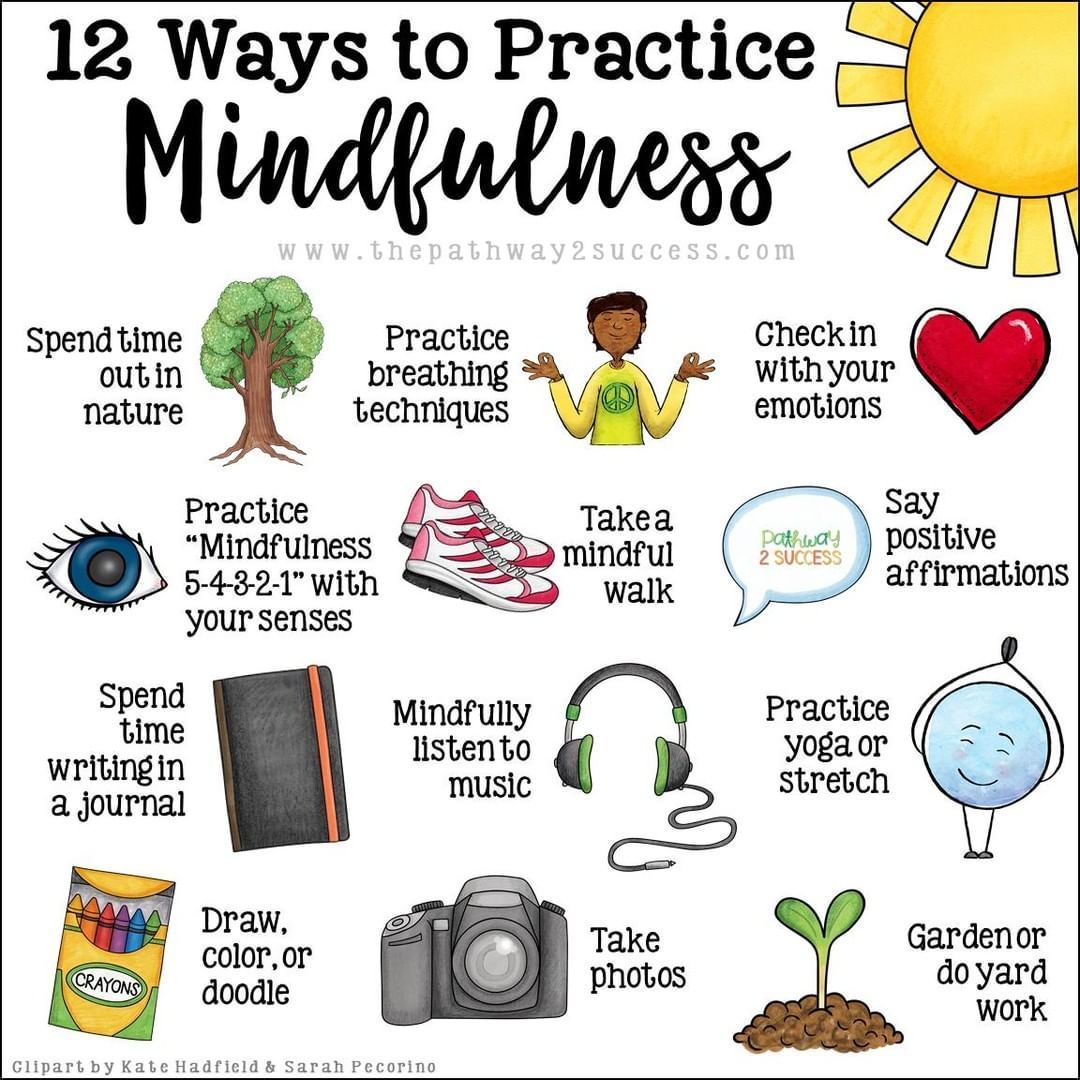Mindfulness is a powerful technique that has gained significant attention in recent years. It involves purposefully paying attention to the present moment and accepting it without judgment. This practice can significantly improve mental health by reducing stress, promoting emotional well-being, and enhancing overall cognitive function. In this article, we will explore the benefits of mindfulness and how to incorporate it into your daily routine.
The Benefits of Mindfulness
Mindfulness has numerous benefits for mental health. Firstly, it helps to reduce stress and anxiety. By practicing mindfulness, individuals learn to observe their thoughts and emotions from a non-judgmental perspective, allowing them to detach from negative thinking patterns that often contribute to stress. This, in turn, promotes a sense of calm and relaxation. Secondly, mindfulness can improve emotional well-being. When individuals become more aware of their emotions and thoughts, they can better understand and manage them. This increased emotional intelligence can lead to healthier relationships, improved self-confidence, and a greater overall sense of happiness. Additionally, mindfulness enhances cognitive function. Regular practice has been shown to improve attention span, memory, and problem-solving abilities. By focusing on the present moment, individuals can become more engaged and productive in their daily tasks.
Incorporating Mindfulness into Your Daily Routine
Now that you understand the benefits of mindfulness, here are some practical ways to incorporate it into your daily routine: Morning Meditation: Start your day by setting aside a few minutes for meditation. Find a quiet space, close your eyes, and focus on your breath. Notice any sensations or thoughts that arise without judgment. Mindful Eating: Instead of rushing through meals, take the time to savor and appreciate each bite. Pay attention to the flavors, textures, and smells of your food. Eating mindfully can also help regulate your appetite. Gratitude Practice: Set aside a few minutes each day to reflect on what you are grateful for. This simple practice can shift your perspective and promote a more positive mindset. Body Scan: Before going to bed, do a quick body scan to relax any tension or tightness. Start from your toes and work your way up to your head, paying attention to each part of your body and releasing any stress or discomfort.
Conclusion
Practicing mindfulness is a powerful tool for improving mental health. It allows individuals to cultivate a greater sense of present-moment awareness, reduce stress, enhance emotional well-being, and improve cognitive function. By incorporating mindfulness into your daily routine, you can experience the profound benefits it brings to your overall mental well-being. Start small, be patient with yourself, and watch as mindfulness transforms your life.

